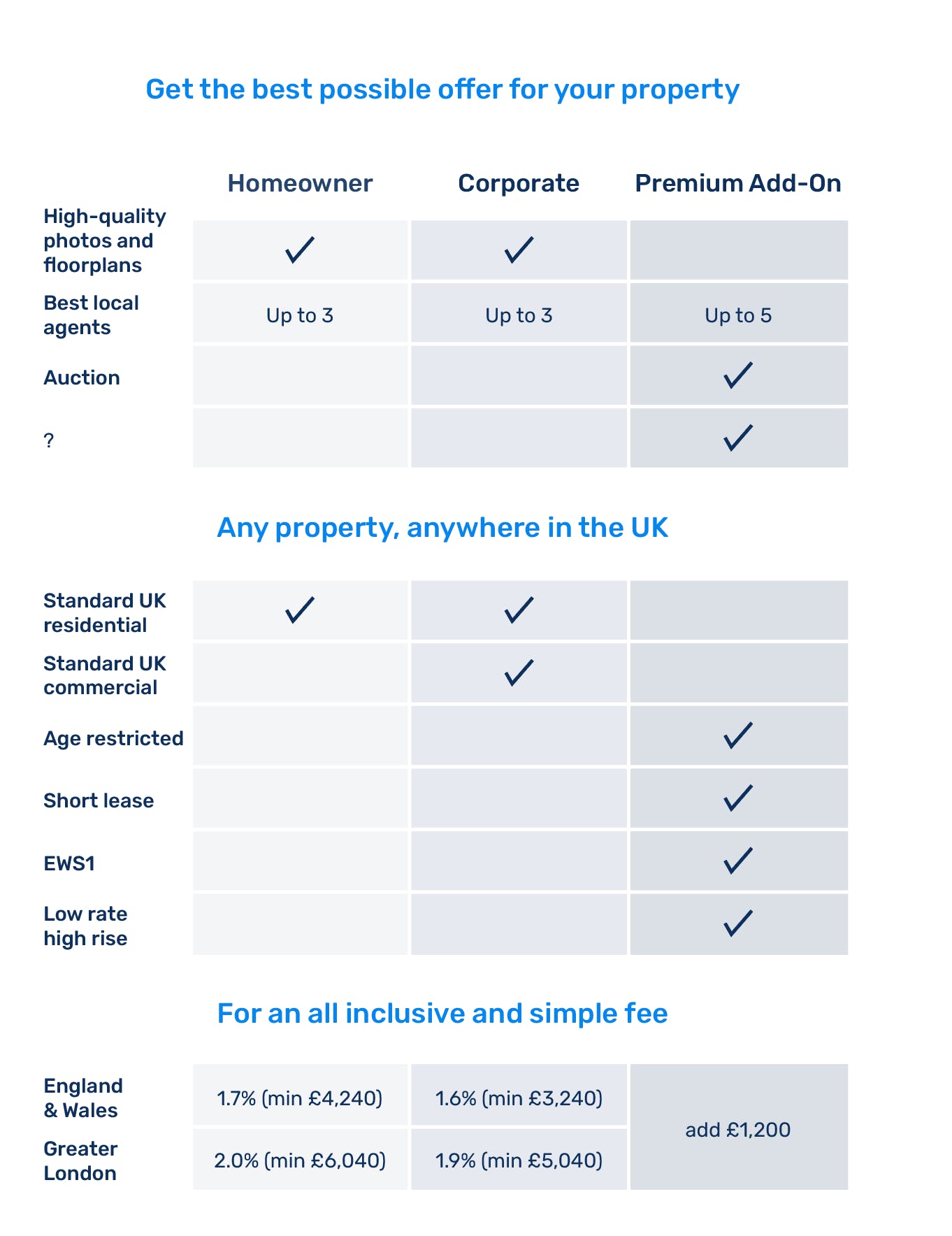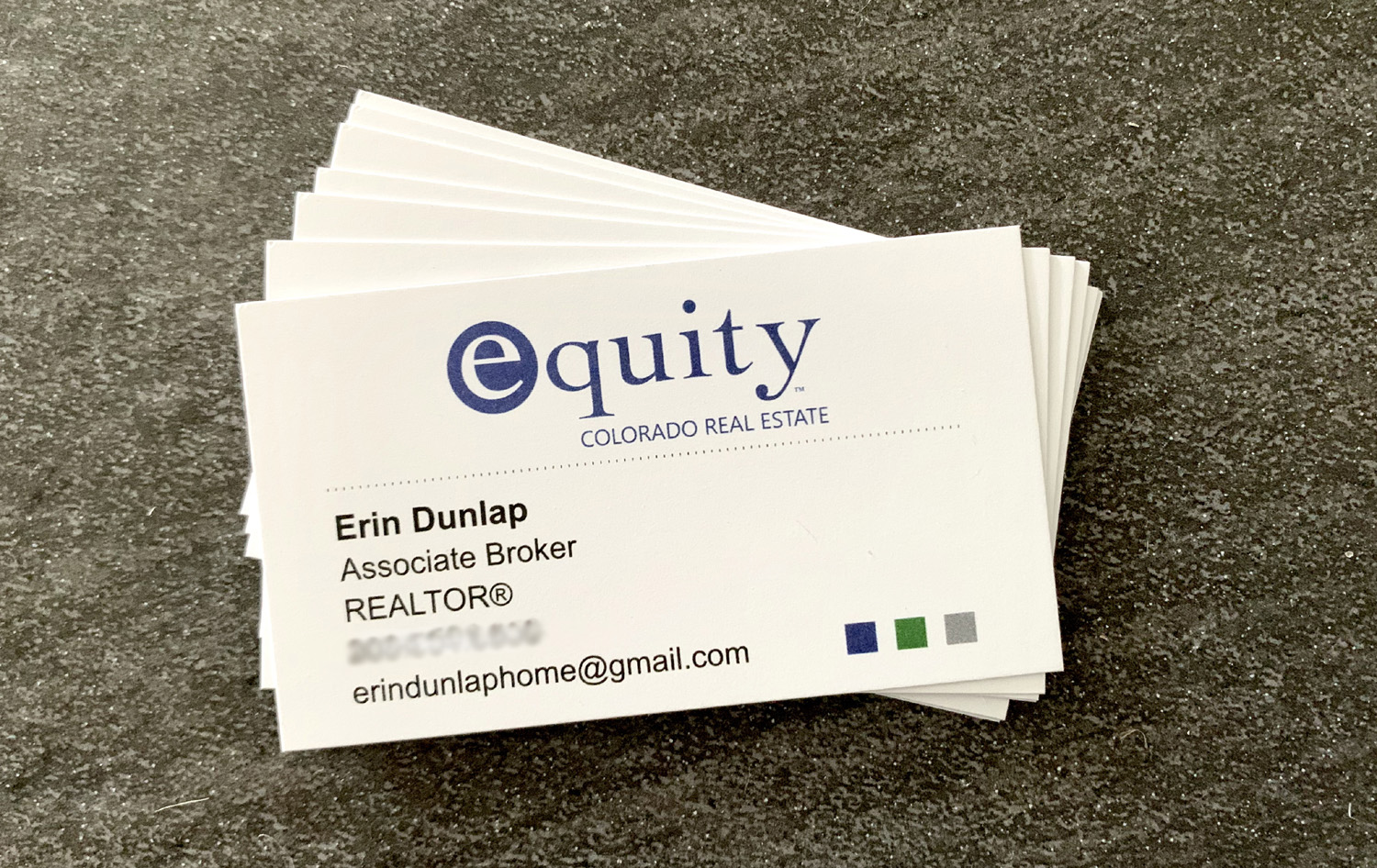
There are many factors to consider when considering buying a house. It is important to save money for your down payment, look for a house that is close to good schools, and ensure that the house's mechanics are in good condition. You should also take a look at the community's culture, as well as local businesses. Lastly, make sure that the mortgage payment is something you can comfortably afford. Do not buy a home you can't afford.
A down payment? Save your money
FDIC-insured savings are the best place to store your money if you're looking for a downpayment. These accounts have higher than average interest rates and are easy to access. However, if you plan to purchase a home over the long term, it may be more beneficial to put your money into the market as this can provide a greater return.

Begin by calculating your monthly income. Determine how much money you earn monthly and include your partner's income if you have one. Check your bank statements and credit cards bills.
Finding a house close to a school district that is good for your children
While the school's location is crucial when buying a house, it is not all that important. Other factors such as commute time and school standards can also be important. It's important that you think about all these factors and be ready to sacrifice or give up certain features.
First of all, if you're buying a house for yourself or for a family, finding a house in a good school district will increase the resale value of the property and make it easier to sell. A good school system will ensure that your children get the best education if you are looking to buy a house. Special provisions may be made available for students with special needs in some school districts.
Get a home inspection
For many reasons, it is important to get a home inspection before purchasing a house. It gives you a sense you are in control and can help you negotiate with the seller. A well-maintained property is worth buying. However, if there are any issues, the inspector's inspection report can help to negotiate a fair price or convince a seller to fix them.

If you find significant problems in your home, such a leaky water heater or other major issues, you may be able negotiate with the seller for repairs or a lower price. If you aren't willing to pay for repairs, you can walk away from the agreement. Often, a seller will agree to a home inspection as part of the sales contract.
FAQ
What should I be looking for in a mortgage agent?
A mortgage broker helps people who don't qualify for traditional mortgages. They search through lenders to find the right deal for their clients. Some brokers charge fees for this service. Others provide free services.
Can I get a second mortgage?
Yes, but it's advisable to consult a professional when deciding whether or not to obtain one. A second mortgage is often used to consolidate existing loans or to finance home improvement projects.
Do I require flood insurance?
Flood Insurance protects from flood-related damage. Flood insurance protects your belongings and helps you to pay your mortgage. Learn more information about flood insurance.
What are the top three factors in buying a home?
The three main factors in any home purchase are location, price, size. Location is the location you choose to live. Price refers the amount that you are willing and able to pay for the property. Size refers the area you need.
What are the drawbacks of a fixed rate mortgage?
Fixed-rate loans tend to carry higher initial costs than adjustable-rate mortgages. A steep loss could also occur if you sell your home before the term ends due to the difference in the sale price and outstanding balance.
Should I use a mortgage broker?
A mortgage broker is a good choice if you're looking for a low rate. A broker works with multiple lenders to negotiate your behalf. Some brokers receive a commission from lenders. You should check out all the fees associated with a particular broker before signing up.
Statistics
- This seems to be a more popular trend as the U.S. Census Bureau reports the homeownership rate was around 65% last year. (fortunebuilders.com)
- This means that all of your housing-related expenses each month do not exceed 43% of your monthly income. (fortunebuilders.com)
- Private mortgage insurance may be required for conventional loans when the borrower puts less than 20% down.4 FHA loans are mortgage loans issued by private lenders and backed by the federal government. (investopedia.com)
- Based on your credit scores and other financial details, your lender offers you a 3.5% interest rate on loan. (investopedia.com)
- Over the past year, mortgage rates have hovered between 3.9 and 4.5 percent—a less significant increase. (fortunebuilders.com)
External Links
How To
How to Manage a Rental Property
It can be a great way for you to make extra income, but there are many things to consider before you rent your house. We'll help you understand what to look for when renting out your home.
Here are some things you should know if you're thinking of renting your house.
-
What do I need to consider first? You need to assess your finances before renting out your home. If you have any debts such as credit card or mortgage bills, you might not be able pay for someone to live in the home while you are away. Check your budget. If your monthly expenses are not covered by your rent, utilities and insurance, it is a sign that you need to reevaluate your finances. It might not be worth the effort.
-
What is the cost of renting my house? It is possible to charge a higher price for renting your house if you consider many factors. These factors include location, size, condition, features, season, and so forth. It's important to remember that prices vary depending on where you live, so don't expect to get the same rate everywhere. Rightmove has found that the average rent price for a London one-bedroom apartment is PS1,400 per mo. This means that you could earn about PS2,800 annually if you rent your entire home. It's not bad but if your property is only let out part-time, it could be significantly lower.
-
Is it worth it? Although there are always risks involved in doing something new, if you can make extra money, why not? Make sure that you fully understand the terms of any contract before you sign it. It's not enough to be able to spend more time with your loved ones. You'll need to manage maintenance costs, repair and clean up the house. You should make sure that you have thoroughly considered all aspects before you sign on!
-
What are the benefits? So now that you know how much it costs to rent out your home and you're confident that it's worth it, you'll need to think about the advantages. You have many options to rent your house: you can pay off debt, invest in vacations, save for rainy days, or simply relax from the hustle and bustle of your daily life. It's more fun than working every day, regardless of what you choose. Renting could be a full-time career if you plan properly.
-
How can I find tenants After you have made the decision to rent your property out, you need to market it properly. Online listing sites such as Rightmove, Zoopla, and Zoopla are good options. You will need to interview potential tenants once they contact you. This will help to assess their suitability for your home and confirm that they are financially stable.
-
How can I make sure I'm covered? You should make sure your home is fully insured against theft, fire, and damage. You will need to insure the home through your landlord, or directly with an insurer. Your landlord will typically require you to add them in as additional insured. This covers damages to your property that occur while you aren't there. If you are not registered with UK insurers or if your landlord lives abroad, however, this does not apply. In these cases, you'll need an international insurer to register.
-
If you work outside of your home, it might seem like you don't have enough money to spend hours looking for tenants. You must put your best foot forward when advertising property. It is important to create a professional website and place ads online. A complete application form will be required and references must be provided. While some prefer to do all the work themselves, others hire professionals who can handle most of it. It doesn't matter what you do, you will need to be ready for questions during interviews.
-
What happens once I find my tenant You will need to notify your tenant about any changes you make, such as changing moving dates, if you have a lease. Otherwise, you can negotiate the length of stay, deposit, and other details. Remember that even though you will be paid at the end of your tenancy, you still have to pay utilities.
-
How do you collect rent? When it comes to collecting the rent, you will need to confirm that the tenant has made their payments. If they haven't, remind them. Any outstanding rents can be deducted from future rents, before you send them a final bill. If you're having difficulty getting hold of your tenant you can always call police. They will not usually evict someone unless they have a breached the contract. But, they can issue a warrant if necessary.
-
How do I avoid problems? It can be very lucrative to rent out your home, but it is important to protect yourself. Consider installing security cameras and smoke alarms. You should also check that your neighbors' permissions allow you to leave your property unlocked at night and that you have adequate insurance. Finally, you should never let strangers into your house, even if they say they're moving in next door.